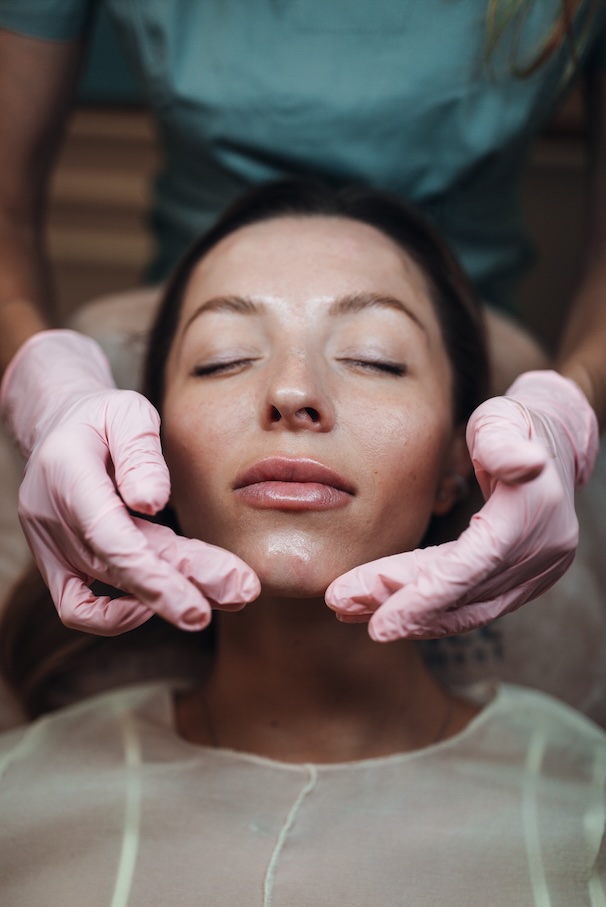A landmark Upper Tribunal ruling is expected to have major implications for how VAT is applied to aesthetic and cosmetic treatments performed by medically registered practitioners in the UK.
Until now, there has been some debate as to whether or not aesthetic treatments should be subject to VAT if they are carried out by a medic and have a psychological benefit for the patient.
The new ruling has led to recommendations that suggest more robust evidence will be required from medics in order to claim a treatment has medical, not just cosmetic benefits.
The case involved Illuminate Skin Clinics, founded by Dr Sophie Shotter, which had appealed against an earlier decision by HMRC concerning whether certain non-surgical aesthetic procedures could be treated as VAT-exempt medical care.
While the Upper Tribunal did not make a final ruling in Illuminate’s favour, it overturned the original First-tier Tribunal (FTT) decision and has sent the case back for reconsideration.
In doing so, it issued detailed guidance expected to shape how future VAT assessments for aesthetic and cosmetic medical treatments are determined.
Therapeutic or cosmetic purpose
At the heart of the judgment is the question of a treatment’s principal purpose: whether it is primarily therapeutic or cosmetic in nature.
Treatments that address a diagnosed medical or psychological condition may qualify as medical care and therefore be exempt from VAT, whereas those performed purely for aesthetic enhancement will not.
The Tribunal highlighted the need for a clear, evidence-based diagnosis to establish therapeutic purpose, noting that where psychological benefit is claimed, practitioners must be able to demonstrate credible clinical evidence of diagnosis and need.
It also confirmed that VAT exemption only applies when a treatment is carried out by a medically registered professional acting within the scope of their registration, and that a thorough, documented diagnostic process is essential.
The Upper Tribunal further stressed that VAT decisions must be based on a multi-factorial analysis, considering all relevant clinical, procedural and contextual factors rather than a single test.
Burden of proof
In its written conclusion, the Tribunal stated that “the supply must be made by a registered person and must have a therapeutic purpose,” adding that where a treatment serves both cosmetic and therapeutic aims, identifying the principal purpose is key.
The decision also reaffirmed the continuing influence of European Court judgments in defining VAT exemptions for medical services, despite the UK’s exit from the EU.
The case has now been remitted to the original FTT for reconsideration in light of these findings.
The Joint Council for Cosmetic Practitioners (JCCP) said in a statement that it will monitor the next stage closely, noting that the outcome could set an important precedent for VAT treatment across the aesthetics and cosmetic medicine industries.




.jpg)